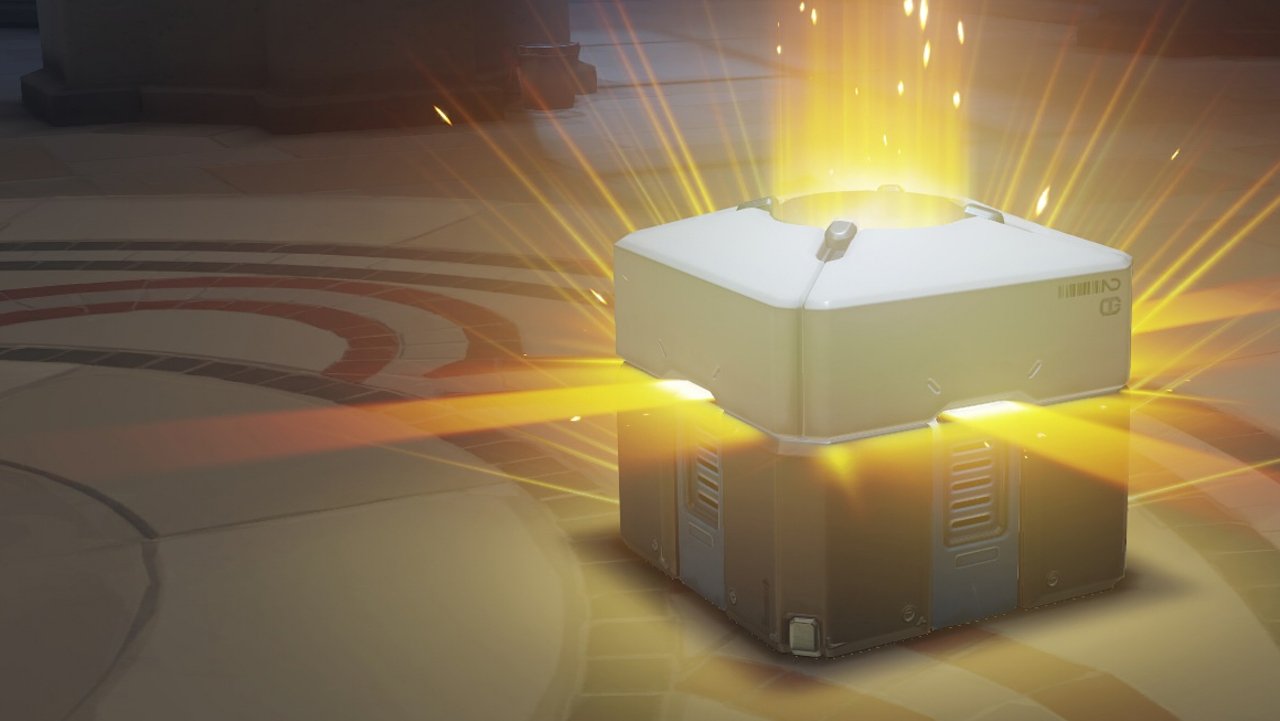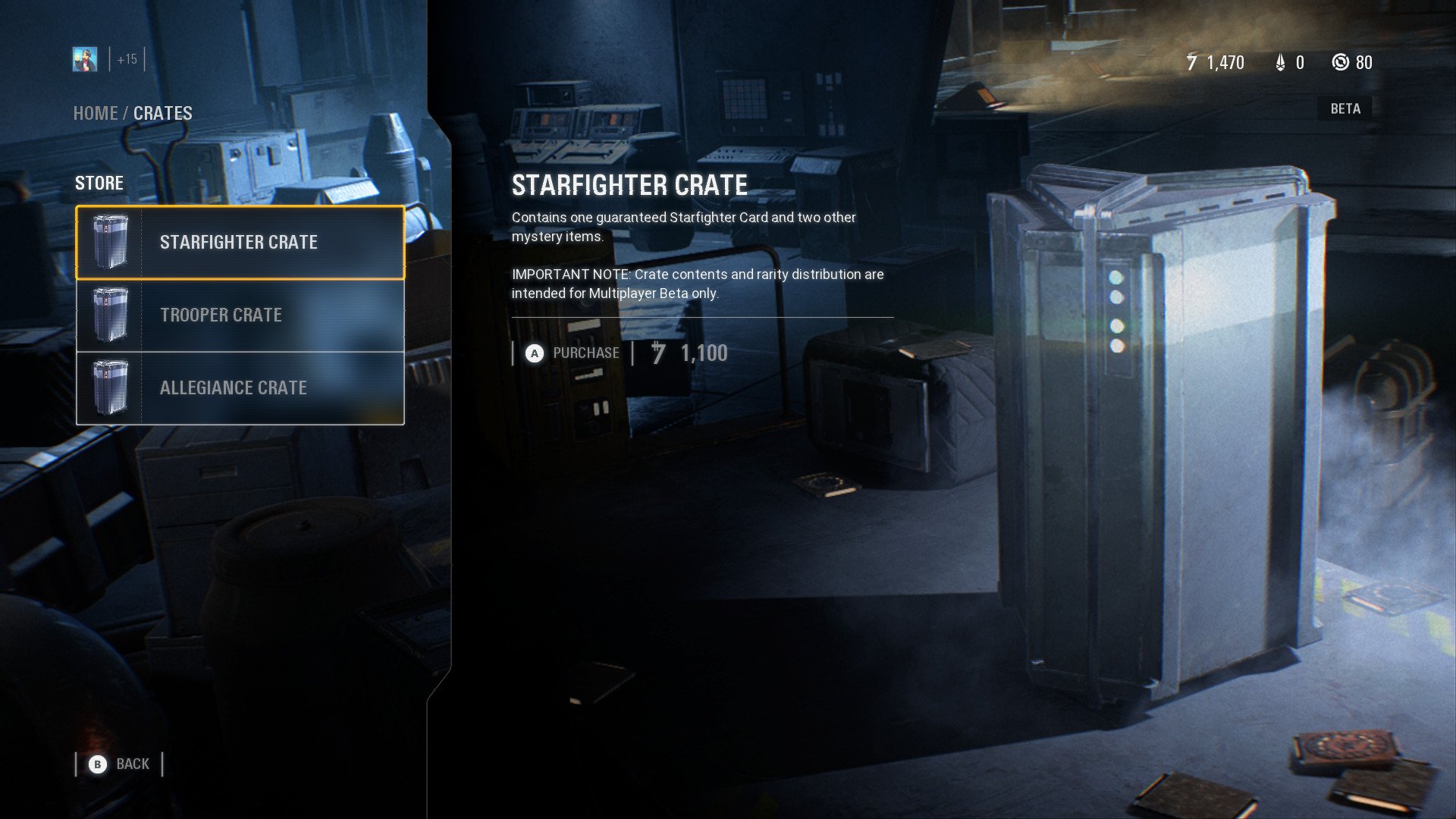Loot boxes in games suck, but so does government regulation
Loot boxes are bad; government intervention is worse.

All the latest news, reviews, and guides for Windows and Xbox diehards.
You are now subscribed
Your newsletter sign-up was successful
In late April, the Belgian government asked that the developers of Overwatch, FIFA 18, and Counter-Strike: Global Offensive remove the loot box systems from their games, or else they would face heavy fines and their titles would be removed from the market. This was because the government concluded loot boxes are a form of gambling, which is illegal in Belgium.
Loot boxes, for those who don't know, are small content packs that can be purchased with real money. Their contents are determined by a random number generator, and depending on the game, can contain anything from powerful weapons and armor to low-tier cosmetic items. With almost every loot box system, players have a very low chance of getting good items.
The previously mentioned event in Belgium has led to a broader discussion about whether or not governments around the world should step in and regulate (or even ban) loot boxes, and if they should be considered gambling. Whether or not you believe they are gambling, though, the government intervening for this issue is both dangerous and unnecessary. Here's why.
Opening the floodgates

Though you wouldn't think so initially, the legal ramifications of loot box regulation can run very deep. Not only will several common game mechanics become subject to scrutiny — the way enemies in paid MMO titles drop items, for example — but there could also potentially be real-world side effects. In most of the U.S., you can't gamble until you're 21. Treating loot boxes as gambling from a legal standpoint makes it possible for people under that age threshold to be denied access to a game. Do we really want that?
These two concerns are just the tip of the iceberg. Whether we like it or not, many of the types of games we've grown to love have systems that are quite similar to loot boxes in structure. Because of this, government regulation is incredibly risky. It would be much better for the gaming industry to self-regulate.
We can force change

Many people tend to forget that we've proven we have the power to make loot boxes disappear already. Star Wars: Battlefront II had an incredibly underwhelming launch last year, and the reason why is because of how much of an uproar there was in regards to its loot boxes. This resulted in the removal of them later on.
This proves that we can make developers change their ways with our wallets and that we have no need for the government to step. We as the consumer should have the choice to buy a game or not, even if it has loot boxes. It's our duty as the audience to examine each title and decide whether or not the systems within are unacceptable. If we decide that a company goes too far with a loot box system, we can simply not buy the game. The best way to convince a businessman to change something is to take away his profit.
All the latest news, reviews, and guides for Windows and Xbox diehards.
Government out, consumers in

While state-mandated regulation would effectively nip loot boxes in the bud, it would also come with several large risks to other parts of the industry. By voting with our wallets, we can send a clear message to developers what is and isn't OK — all while keeping the gaming scene free of government intervention.
Your thoughts
What do you think about the discussion surrounding loot boxes? Let me know.

Brendan Lowry is a Windows Central writer and Oakland University graduate with a burning passion for video games, of which he's been an avid fan since childhood. He's been writing for Team WC since the summer of 2017, and you'll find him doing news, editorials, reviews, and general coverage on everything gaming, Xbox, and Windows PC. His favorite game of all time is probably NieR: Automata, though Elden Ring, Fallout: New Vegas, and Team Fortress 2 are in the running, too. When he's not writing or gaming, there's a good chance he's either watching an interesting new movie or TV show or actually going outside for once. Follow him on X (Twitter).
